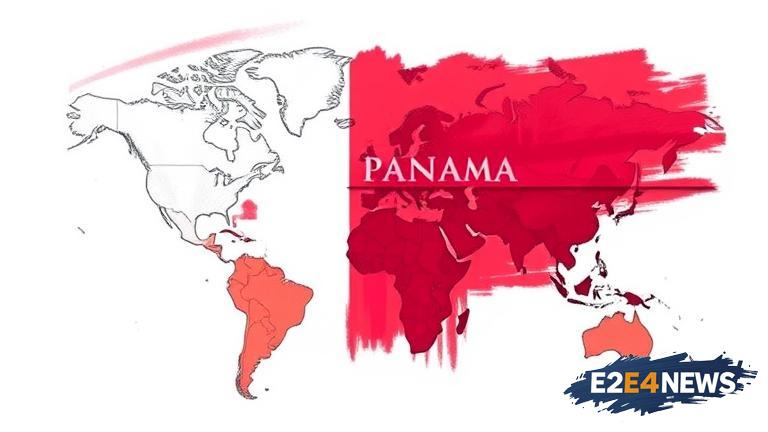In a move aimed at demonstrating its adherence to international regulations, the Panama Maritime Authority has delisted 17 vessels from its registry that were subject to US sanctions. This decision comes as part of a broader effort by Panama to ensure its registry remains compliant with global trade standards and to avoid any potential repercussions from maintaining ties with sanctioned entities. The delisting of these vessels underscores the complex interplay between national and international law, particularly in the context of economic sanctions and their impact on global shipping. The US sanctions in question are part of a larger strategy to exert economic pressure on certain countries and entities, with the goal of influencing their behavior on key issues. Panama, as a major player in the global shipping industry with one of the largest ship registries in the world, must navigate these complexities carefully to maintain its reputation and avoid legal and financial risks. The removal of the sanctioned vessels from Panama’s registry is seen as a proactive step to prevent any potential legal issues and to reassure the international community of its commitment to compliance. This move also highlights the challenges faced by countries and registries in balancing their own economic interests with the need to comply with international sanctions and regulations. The global shipping industry is subject to a myriad of regulations and sanctions, making compliance a significant challenge for ship owners, operators, and registries alike. The use of sanctions as a tool of foreign policy has become increasingly prevalent, affecting not only the targeted entities but also third-party countries and industries. Panama’s decision to delist the sanctioned vessels reflects its understanding of these dynamics and its desire to maintain a positive and compliant stance within the global community. The implications of this decision are multifaceted, affecting not only the vessels in question but also the broader shipping industry and global trade flows. It underscores the importance of vigilance and compliance in the face of evolving international regulations and sanctions. Furthermore, this move by Panama may set a precedent for other registries and countries to follow, as they seek to navigate the complex landscape of international trade and sanctions. The delisting of the vessels is also a reminder of the role that national and international authorities play in shaping the global shipping industry, through the implementation and enforcement of regulations and sanctions. In response to the delisting, the affected ship owners and operators will need to explore alternative registry options, which could have significant implications for their operations and costs. The situation also raises questions about the effectiveness of sanctions in achieving their intended goals, as well as the unintended consequences they may have on global trade and economic stability. As the global shipping industry continues to evolve, the interplay between sanctions, regulations, and compliance will remain a critical issue, with countries and registries like Panama playing a key role in shaping the landscape. The commitment to compliance demonstrated by Panama’s decision is crucial for maintaining the integrity of the global shipping industry and ensuring that it operates in a fair, safe, and environmentally responsible manner. In conclusion, the delisting of the 17 US sanctioned vessels from Panama’s registry is a significant development that reflects the complexities of international trade, sanctions, and compliance. It highlights the need for ongoing vigilance and cooperation among countries, registries, and industry stakeholders to navigate these challenges and ensure the continued stability and growth of the global shipping industry.





